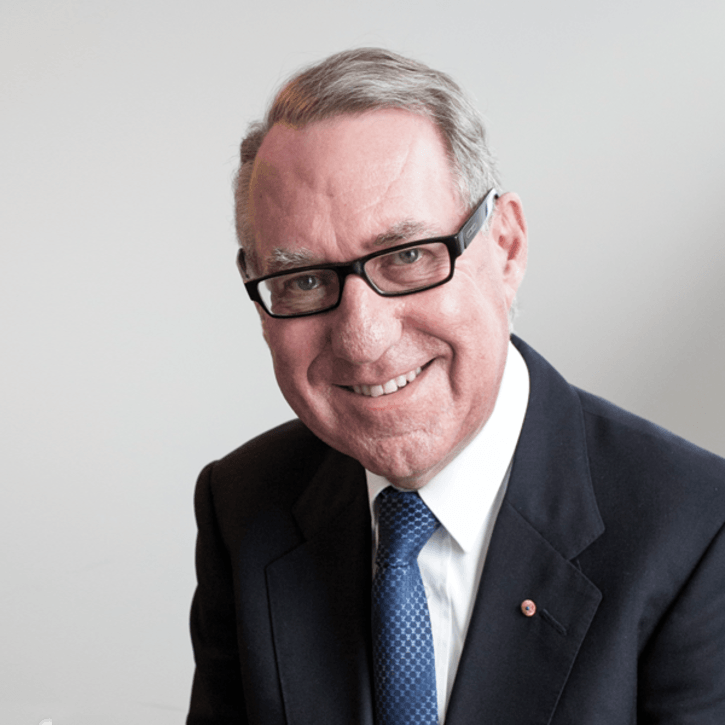David Gonski AC has been a long time pioneer of philanthropy in Australia. As well as having his own family foundation, David championed the creation of private ancillary funds (formally known as prescribed private funds) in 2001 and has maintained his involvement in the sector ever since. David holds numerous company and not-for-profit directorships and joined the board of Australian Philanthropic Services in 2012.

"It used to be the talk around the party table of how well you’re doing, what was your bonus, and can we afford a bigger house? Today it is very much about what you’re doing: are you helping with education, with welfare? What are you going to be remembered for?"
David Gonski AC
David believes that the mentality around philanthropy in Australia is changing for the better and the existence of private ancillary funds (PAFs) is certainly helping this. “I think a lot of people are open to setting up PAFs, not to give all their money away, but because there might be something of a higher joy. There’s a joy in being successful, and part of that is doing something for the community. I believe a lot of people are thinking that way, and organisations like Australian Philanthropic Services mean that having a PAF is easy. It’s not a chore.”
The concept of the billionaires’ pledge, where billionaires pledge to give 50% or more of their wealth to charity makes sense to David as it encourages people to think about giving. “If you have extra money there is no point just keeping it. You can’t take it with you when you go.”
David also believes it’s important to be a role model in the community, rather than remain anonymous about your giving. “I believe that one should demonstrate to others that you give. If you don’t own up to it, it doesn’t instigate others to actually give.”
David can see the conversation about philanthropy changing, literally. “It used to be the talk around the party table of how well you’re doing, what was your bonus, and can we afford a bigger house? Today it is very much about what you’re doing: are you helping with education, with welfare? What are you going to be remembered for? The concept of legacy is becoming as important as owning an asset during your lifetime. People realise that this isn’t a dress rehearsal.”
